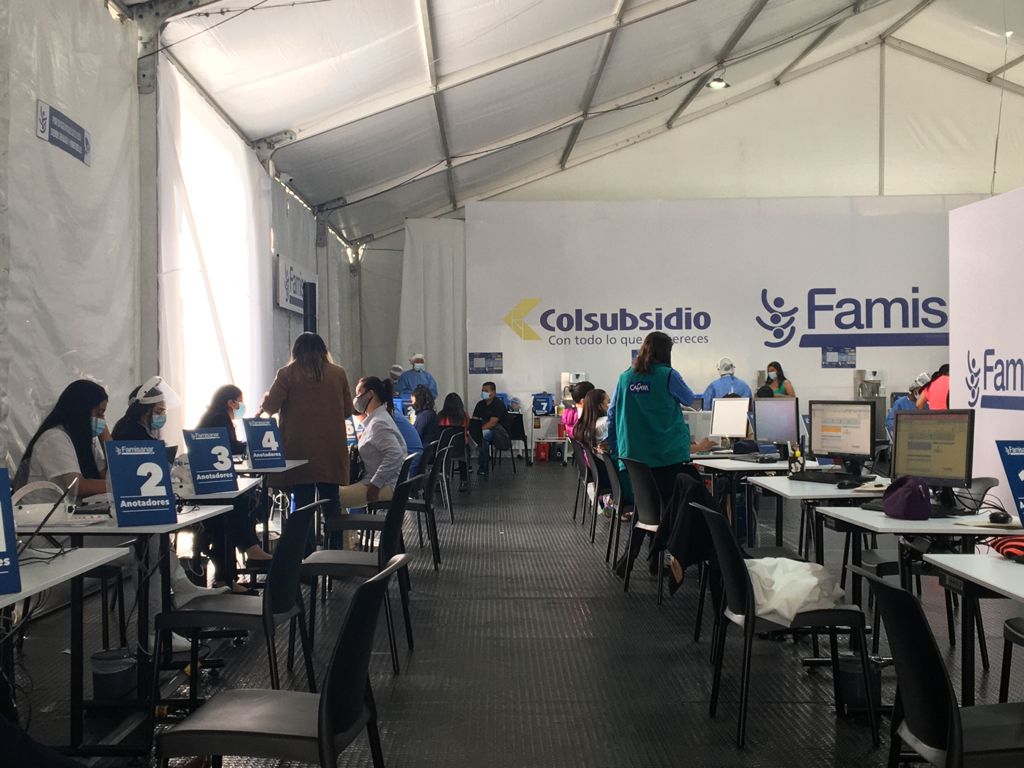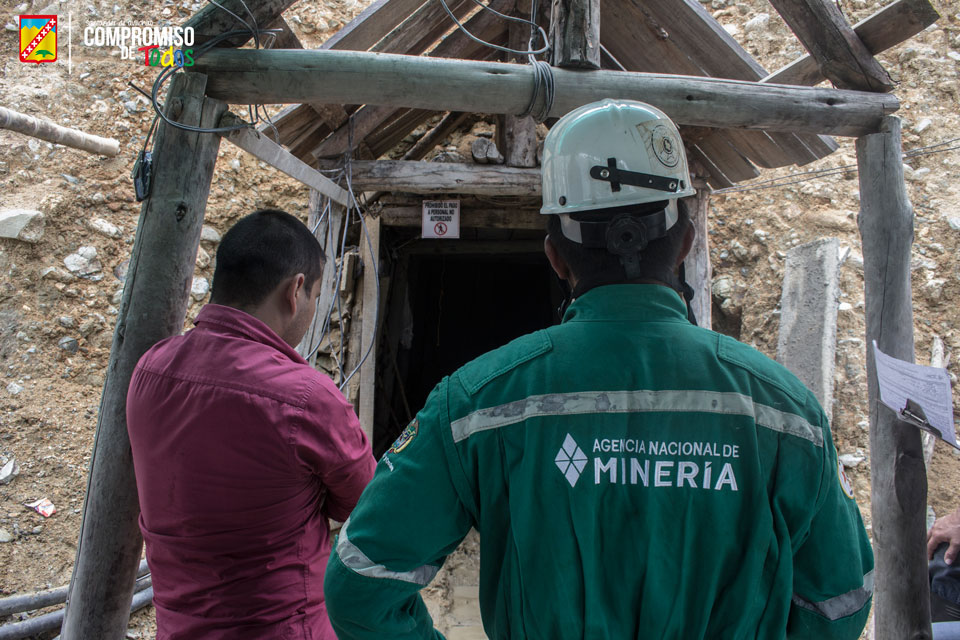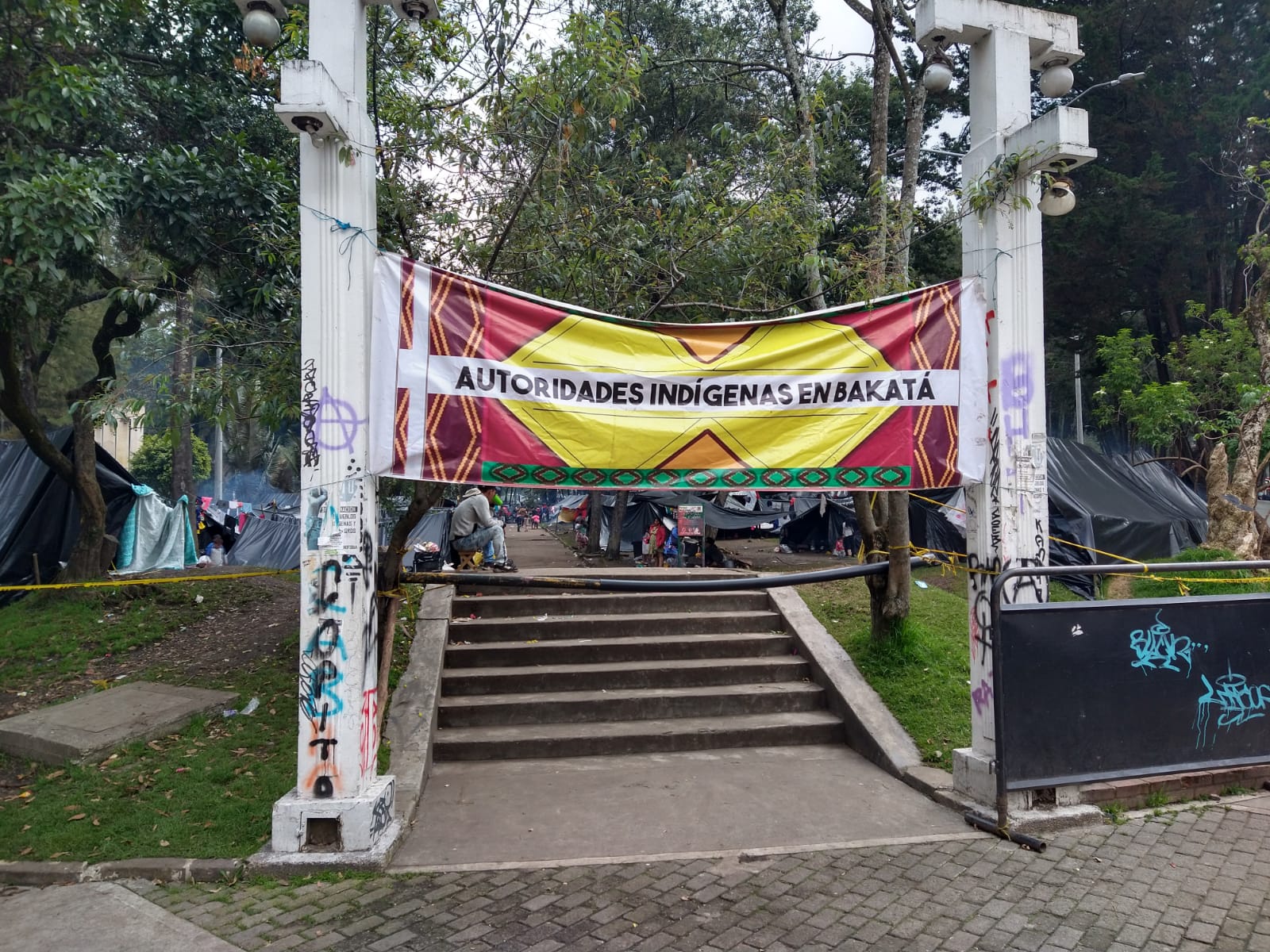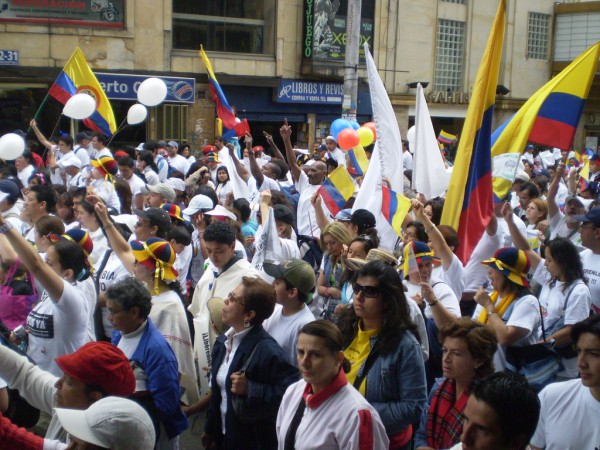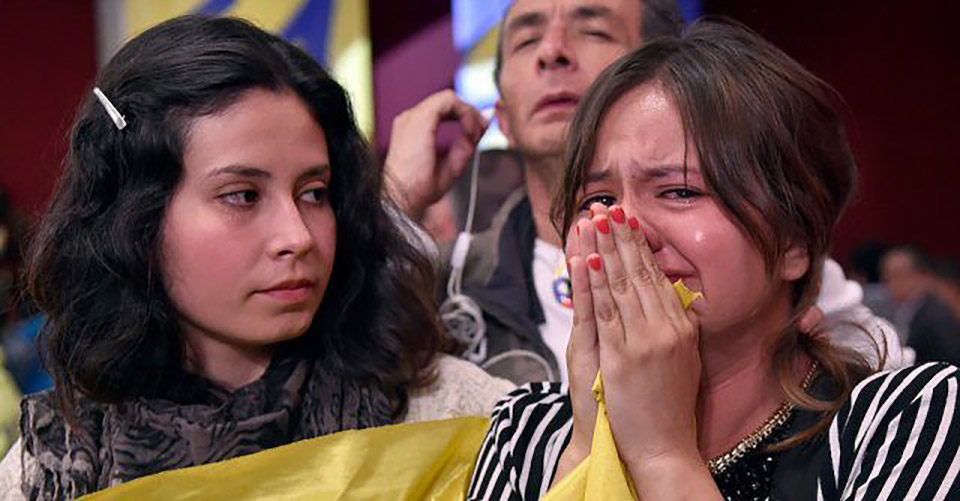
The results of the plebiscite brought mixed reactions from people all over the country.
While the ‘No’ vote presented a major setback on the road towards peace and raised a lot of post-plebiscite questions, there is also the small hope that it could represent an opportunity to lay a stronger foundation for an agreement, with more buy-in from this divided society.
On October 2, Colombians rejected the proposed peace agreement between the government and the FARC guerrilla by a narrow margin. An overriding feature of the atmosphere post-plebiscite is one of uncertainty as people question what will happen next.
Many ‘Yes’ supporters expressed shock, anger and disappointment, while the ‘No’ supporters celebrated a victory of sorts in stopping what they see as an imperfect agreement.
Observers remarked on the lack of popular engagement throughout the talks, as well as the high level of distrust towards the FARC. Others have commented on the high levels of support for the agreement in the areas most damaged by the conflict and questioned the motives of those behind the ‘No’ campaign.
Now, as a politically weakened government enters into talks with the Uribe led opposition to discuss and possibly renegotiate the agreement, a cloud of uncertainty hangs over the country.
The political and legal implications of the population’s disapproval are not clear: is the plebiscite only binding for the president or could the peace deal be implemented by other bodies? Has it already acquired legal status on an international level and could the current agreement’s text actually still be implemented? And, most importantly, will things go back to how they were before negotiations between the government and the FARC began in 2012?
Related – Colombians reject peace agreement
Immediately after the result, both the government and FARC leader Timochenko (aka Rodrigo Londoño), made it clear that the bilateral ceasefire would remain intact, and the rebel group reiterated its commitment to continue negotiating, and to seek peace “through words”. This optimism comes at a critical time when the country’s polarisation seems deeper than ever.
There is no denying, however, that October 2 presented a political calamity. Not one that cannot be overcome, but a calamity nonetheless.
Put plainly, the outcome of the plebiscite blocked the president’s faculties to implement it. The agreement as it stands has failed to acquire the necessary political weight. Since the constitutional court was very clear about the binding character of the plebiscite, attempts to get around the ‘No’ vote through a legal backdoor would essentially go against the court’s ruling.
Thus, Timochenko’s recent efforts to interpret the agreement as already having contrived legal status through its character as an international treaty seem void.
Peace can still be achieved, but the question now is how this might happen post-plebiscite. The three most likely scenarios put forward by legal experts are: a revised version of the agreement, the reopening of negotiations with ‘No’ supporters at the table, or the establishment of a Constituent Assembly. Although Uribe already affirmed this morning, that whilst “some corrections have to be made to redirect the country”, he does not see a constituent assembly as a viable option.
As the key players in these somewhat obscure circumstances lay out a new road map, only tentative conclusions can be drawn about what the most appropriate steps would be.
One thing is clear. Since both ‘No’ and ‘Yes’ voters supported the idea of peace, now is the time to reflect on the result and look at ways to build a stronger consensus to ensure that any revised peace deal does not meet the same fate.
Related – What if? The question at the heart of the ‘No’ campaign
First, it will be important to fully understand the objections and concerns of the ‘No’ voters – and to recognise that they are not a homogenous group. It is easy to dismiss them as “Uribistas”, and whilst the ex-President was certainly the face of the ‘No’ campaign, it would be facile to assume that the motives of all 6,430,170 ‘No’ voters were the same.
In addition, one must think about the risks involved for former combatants in a context that does not support their reincorporation into civilian life. If the political genocide of the Patriotic Union is not to be repeated, more needs to be done to reduce the stigma attached to demobilised guerrilla fighters and get more citizens on board with the measures that have been proposed to help reintegrate these individuals into society post-plebiscite.
Perhaps most crucially, we should remember that if the ‘Yes’ had won by a small margin, the peace deal may not have been stable enough, especially with such low voter turnout. It would have allowed the president to go ahead with its implementation, but a 51% win is hardly a legitimate basis on which to build peace, especially an inclusive one.
As former director of the National Commission of Reparation and Reconciliation, Eduardo Pizarro stated, “we can’t make peace with only half the country”. If nothing else, the plebiscite has shown that a more inclusive pact needs to be sought, and although this seems like a daunting task, it could also constitute an opportunity for a rapprochement between the divided political sectors of the country.
And while the politicians meet to figure out what next, nobody can deny that there are many risks involved in re-negotiating peace. What’s going to happen with FARC members waiting to move to the Transitional Zones? How long are they willing to wait and will there be more dissidents in these uncertain times? Is it feasible to demand that all FARC combatants responsible of human rights violations serve prison time and ask them to forego their promised seats in Congress? Uribe’s agenda is not a secret and these questions will be at the heart of the newly opened discussion.
Colombians have a unique opportunity to be part of that crucial discussion though, as it is their vote that led to it. And as difficult as this process may turn out to be, any deal reached on the basis of the lessons learned from the plebiscite will be much harder to contest in the future.
Veronika Hoelker holds a Master’s degree in International Relations of the Americas from UCL and currently works at the Bogotá-based NGO Permanent Committee for the Defence of Human Rights. Veronika assists the judicial advisers at the NGO in matters related to transitional justice and the Colombian peace process in general.

